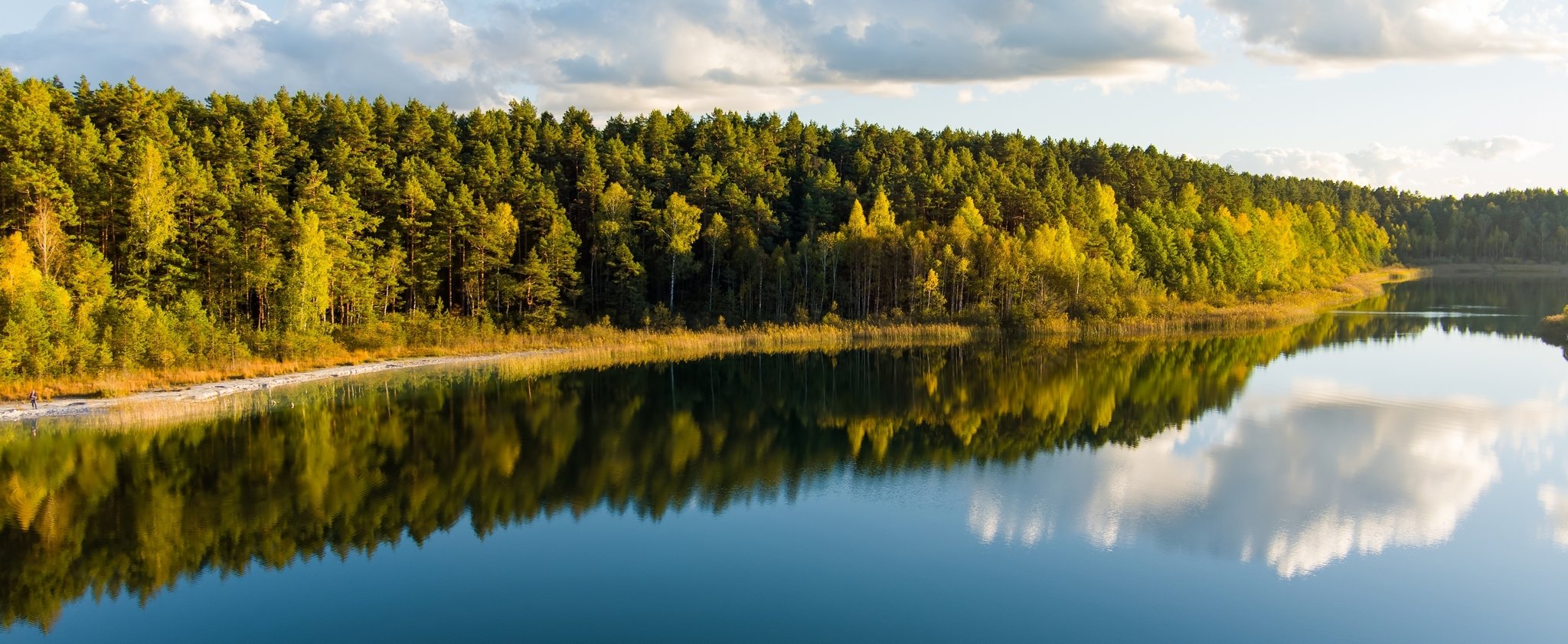Wind-powered ships, food scents and forest guardians vie to lead research advances
Five experts who appeared in Horizon Magazine in 2023 outline how their areas of activity will evolve in the coming year and beyond. By Anthony King From sail-powered tankers and new food habits to forest-protecting hedges and data-driven healthcare, 2024 promises to be a big year in EU science. Rogier Eggers wants today’s ships to … Read more






